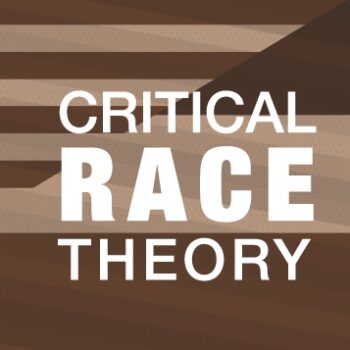“One must realize that war is shared and Conflict is Justice, and that all things come to pass (and are ordained?) in accordance with conflict.
War of course touches all. We are victims of it. It has destroyed potentials, cut off lives too early, left daughters and sons without fathers and mothers, left mothers and fathers without daughters and sons. But in what sense is any of this just? Kahn mentions the view of Anaximander that in the end the killer too is killed. But this doesn’t capture what Heraclitus means. Heraclitus’ monism implies not that, in the end, those who created the conflict, will be brought to justice. He is rather making a metaphysical claim. From the perspective of his teaching of the elements, water extinguishes fire, earth becomes air. Oppositions, in conflict, at the elemental level, are the way of the world. And it is just so. This may well be the “hidden accord” of which he speaks, known to a divine understanding (or a rare human one); for as Heraclitus elsewhere says, “for god, all things are fair and good and just, but men have taken some things as unjust, and others as just” (F 68).
Such views of course raise the question, in human affairs, of why we should seek to improve lives or strive for a human conception of justice. And the answer, a platitude for sure, is that it is just to do so. The apparent injustice is just, as is the apparent justice. They movement and struggle, monists like Heraclitus are wont to say, are themselves all for the good.
Kahn notes that the final phrase on how this conflict is “ordained” is of questionable origin. But Heraclitus’ view of course raises the question of fatalism or determinism that the language of “ordained” conflict suggests.
Insofar as one takes Heraclitian conflict and strife as a metaphor for the changing of the seasons, the changing of elements and the like, the view may be enlightening enough, a kind of useful heuristic for the conflict surrounding change in the physical world. Applied to human affairs, it however becomes less enlightening. How would Heraclitus or anyone else know this divine perspective? He, like the rest of us, only has the limited human perspective–indeed the limited perspective of a human in a particular place and time. To look for the good in human conflict, to learn from perceived injustices may indeed be wisdom. To pronounce the injustice as therefore just, however, is not. It is a kind of metaphysical overreach that occurs whenever anyone presumes to speak for the gods. Applied to human behavior the view also serves ideologically, as useful mental tool to those who perpetuate injustice and abuse power. We might indeed find value in the Heraclitian view of flux and the emphasis that shift occurs through conflict. We might also not expect the lion to lie down with the lamb, as we eventually find eternal repose. But none of that justifies the kind of statement of metaphysical fancy that Heraclitus makes here. It may be that conflict will never cease, as people work toward conflicting ideas of justice. But this does not imply that the unjust is just.
